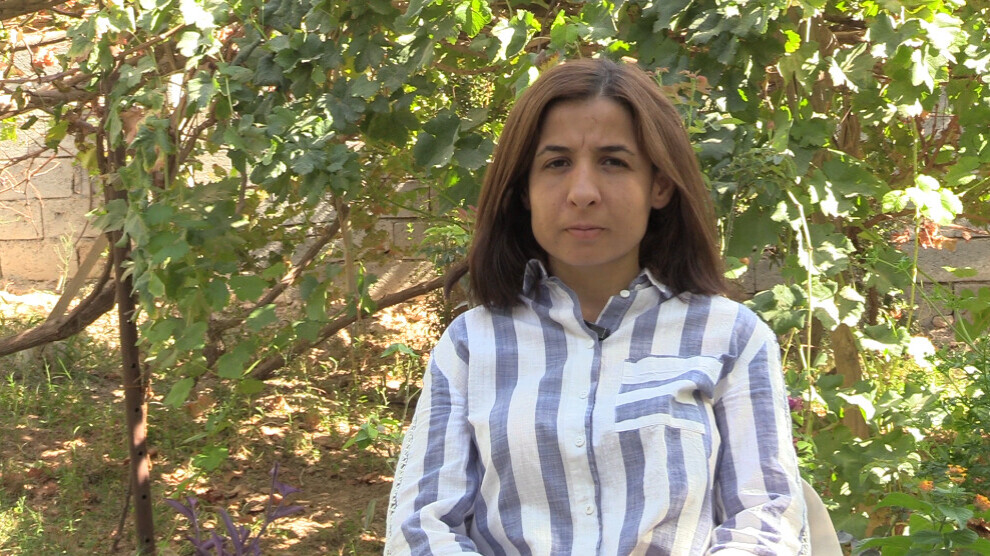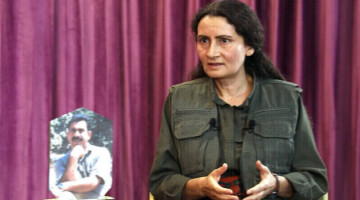Kurdish classes have been offered in the Martyr Rustem Cûdî Camp (Maxmur) for about 27 years. The people of Maxmur have made significant efforts to improve the education in the mother tongue.
Board of Education spokeswoman Bêrîvan Kaya spoke to ANF about the new education year.
Kaya underlined that the new academic year had started on 13 September. She said: “Before starting the new academic year, we decided to hold a workshop to resolve our problems in the field of education. A commission was established to deal with the problems. This commission carried out various works for about two months, took care of all educational problems and completed its tasks with success in August. After the evaluations and suggestions, the baseline for the new academic year was agreed. Some changes and alterations we introduced into the system reduced our burden. These preparations formed the basis of the 2022-2023 academic year. Registrations are still ongoing. According to the current data, there are about 3,000 students in the camp. We have five kindergartens operating as part of our educational institution. There are also 4 primary schools, two secondary schools and a high school. There are also plans for higher education. The education system in Maxmur camp constitutes the basis of education in the mother tongue for the four parts of Kurdistan. Because we have been doing it for the last 27 years. We have overcome the existing difficulties in terms of language. This year, a special activity was carried out for primary schools. In order to attract the attention of the students, we painted the walls of primary schools, and we renovated our schools.”
OUR EDUCATION SYSTEM IS BETTER THAN EXISTING SYSTEMS
Kaya said that the co-presidency system was adopted in the field of education when it became widespread among institutions after 2015. “There are 31 administrators and 150 teachers in all schools. The main purpose of the education system is to organize and manage schools according to the national democratic system. When we look at the region, our system sets an example for other educational institutions around the camp. Because when delegations from outside the camp conducted investigations in our camp, they realized that the education system here is much more advanced than other educational systems in the region. Because we have based our educational system on the paradigm envisaged by Öcalan,” she noted.
BLOCKADE UNDERMINES EDUCATIONAL SYSTEM
Kaya also addressed the embargo on the camp that undermines the educational system. “Every year we renovate the schools in the camp. This creates problems for us financially. We held talks with the Iraqi central government for these activities. However, our demands were not accepted. Nor were our educational materials such as textbooks, stationery etc. provided. We had faced these obstacles before the embargo. Most of the time, they confiscated materials donated to the camp. This is one of the injustices done to us. As a result of diplomatic attempts, a meeting was held with the Iraqi Minister of Education. All our demands were expressed at that meeting. We also debated over the situation of students who aspired to university education, but we received no response even though our students took the exams and got good grades. We are nevertheless trying to find a solution to this. Unfortunately, we do not have the necessary materials to introduce university education inside the camp. The injustices done to us are obvious. They are part of the policies to crackdown on us.”














